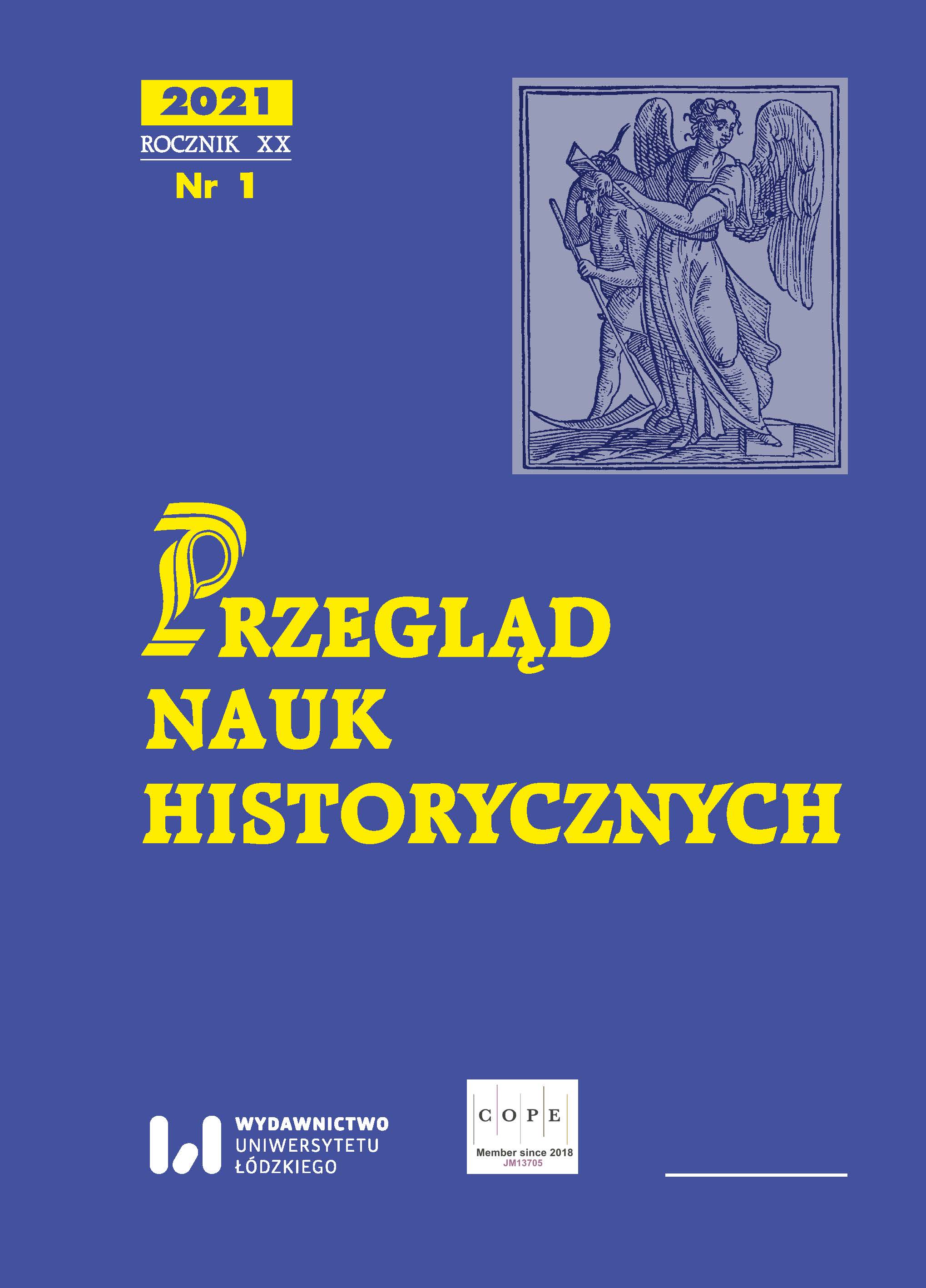Polskie ugrupowania polityczne wobec postaw młodzieży Królestwa Kongresowego w okresie rewolucji 1905 r., strajku szkolnego i bojkotu szkół rosyjskich
Polish political groupings and the mindset of the youth in the Congress Kingdom of Poland during the Revolution of 1905, the school strike and the boycott of the Russian schools
Author(s): Przemysław WaingertnerSubject(s): Pre-WW I & WW I (1900 -1919)
Published by: Wydawnictwo Uniwersytetu Łódzkiego
Keywords: Revolution of 1905; school strike 1905;history of Poland in the 20th century
Summary/Abstract: In this article, an attempt was made to answer questions about the place that the attitudes and activity of the generation growing up in the Kingdom of Poland occupied in the reflection and actions of polish political elites, concentrated in groups and environments, operating in Polish lands in the first dozen years of the twentieth century – during the period appointed in Congress by the outbreak of the Revolution of 1905 and the school strike and the expiration of the program boycott of the Russian school. In the text, the reader will find answers to two fundamental questions: how did the political parties relate to the attitudes and public activity of this young generation, assess its political maturity, as well as the value and effectiveness of the actions taken by young people? What place for representatives of the young generation predicted politicians in their own partisanship and what role did they allocate to them? The above analyses covered public appearances and the press of the most important polish political groups of the time: the National Democracy, the Polish Socialist Party (PPS), the Social Democracy of the Kingdom of Poland and Lithuania (SDKPiL) and conservative circles. On the basis of the research, it should be noted that the conservatives condemned the “immature” representatives of the younger generation of the Kingdom of Poland, participating in the strike and boycott of the Russian school, remaining opponents of the idea of revolution. The nationalists saw in the strike a manifestation of a “reckless” rebellion against a “realistic” policy. Socialists welcomed the political activism of the young generation. However, the dogmatic attitude of the SDKPiL was characteristic, which was different from other groups on the left. The party supported the involvement of young people in the fight “on the streets” for the victory of the revolution, while the school strike was regarded as noteworthy when it intensified the “revolutionary uproar” and when young people raised social slogans. Social Democrats, on the other hand, opposed a subsequent boycott, undertaken in the name of national and educational slogans, when a wave of revolutionary speeches fell – which could favor the sympathies of young people, directed towards other Polish political groups.
Journal: Przegląd Nauk Historycznych
- Issue Year: 20/2021
- Issue No: 1
- Page Range: 225-245
- Page Count: 21
- Language: Polish

